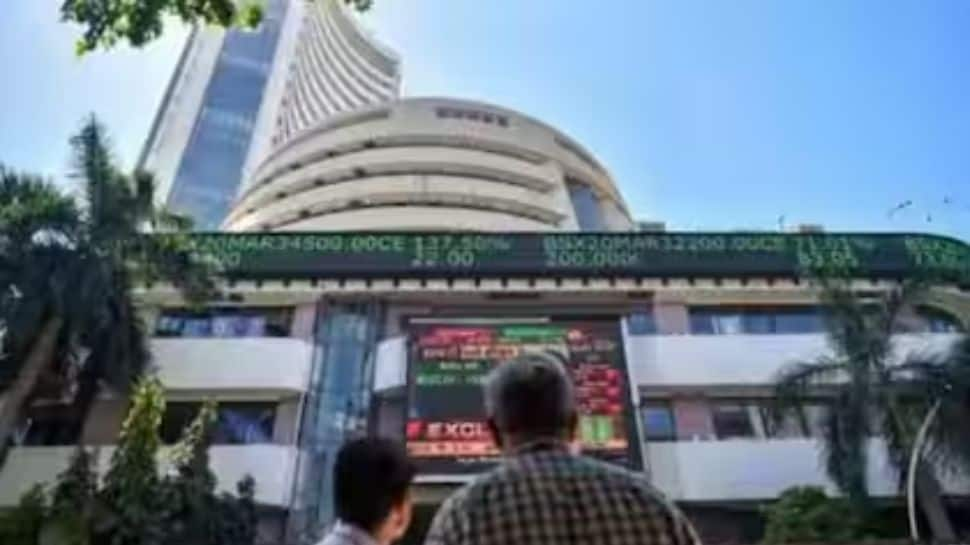New Delhi: Foreign institutional investors (FIIs) have turned aggressive sellers in Indian equity markets due to the outperformance of the Hong Kong index Hang Seng. As per the provisional data from the National Stock Exchange (NSE), foreign investors have pulled out around $2.9 billion (Rs 24,000 crore) from the Indian markets so far in May. It is the worst selloff among Asian markets. Foreign funds have been selling Indian equity during all the sessions except two. This is the biggest FII outflow in the Indian market since January 2024.
So far in May, Sensex and Nifty have given returns of 0.9 per cent and 1.25 per cent respectively. During this period, other markets in Asia like Hong Kong have given returns of 5.8 per cent, Japan 1.2 per cent, Korea 1.1 per cent, Taiwan 1 per cent, and Jakarta 0.3 per cent. However, during this period, the Shanghai market has given a negative return of 2 per cent. (Also Read: From HDFC To IDFC: 4 Important Credit Card Changes You Need To Know)
Apart from India, FIIs have withdrawn $700 million from Indonesia, $415 million from Vietnam, $210 million from Thailand, and $58 million from the Philippines. FIIs have invested $7.59 billion in Japan, $6.26 billion in Taiwan, $1.44 billion in South Korea, and more than $500 million in Malaysia. (Also Read: HDFC Bank To Stop SMS Alerts For Small UPI Transactions Starting From THIS Date: Find Out Why)
Tanvi Kanchan, Head – UAE Business & Strategy, Anand Rathi Shares, and Stock Brokers, said: “The reason behind the selling is the outperformance of the Hong Kong index Hang Seng. FIIs are moving money from expensive markets like India to cheap markets like Hong Kong, where the PE is around 10 compared to around 20 PE in India.”
“There’s uncertainty about the upcoming election. FPIs generally don’t like uncertainty; they prefer to play it safe and lock in the profits they made last year. FII buying may increase after election results,” she added.

